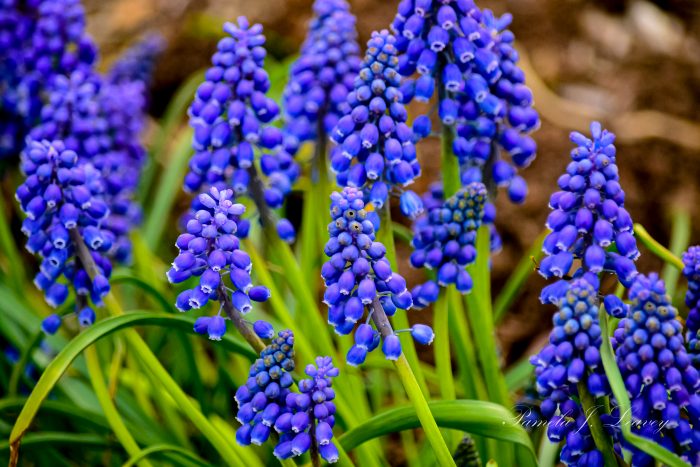February 2, 2012
When we have problems, issues in our lives, we must choose to solve those problems by facing them head on and making the effort to understand the problem…
“The mere desire to resolve a problem is an escape from the problem, is it not? I haven’t gone into the problem, I haven’t studied it, explored it, understood it. I don’t know the beauty or the ugliness or the depth of the problem; my only concern is to resolve it, put it away. This urge to resolve a problem without having understood it is an escape from the problem – and therefore it becomes another problem. Every escape breeds further problems.” ~~ Talks by Krishnamurti in Saanen, 1964
We can not escape our problems, as J. Krishnamurti points out above, because in attempting to escape our problems we simply create more problems. And then our problems compound on top of each other and we create a proverbial mountain from a mole hill.
When there is conflict in our lives, J. Krishnamurti asserts that “conflict becomes more and more complex and insoluble because we do not face what is.” As Krishnamurti goes on to say, “There is no complexity in what is, but only in the many escapes that we seek.”
It’s one thing to take time to reflect on our problems and go deep inside our hearts and minds to question and find solution, but we cannot and we must not use escapism as route to “solve” our problems.
Communication with one’s self and others involved in problems that arise in our lives, is the key to solving our problems. We must shut out the ego that gives us false fear driven solutions and listen deeply to the open heart.






